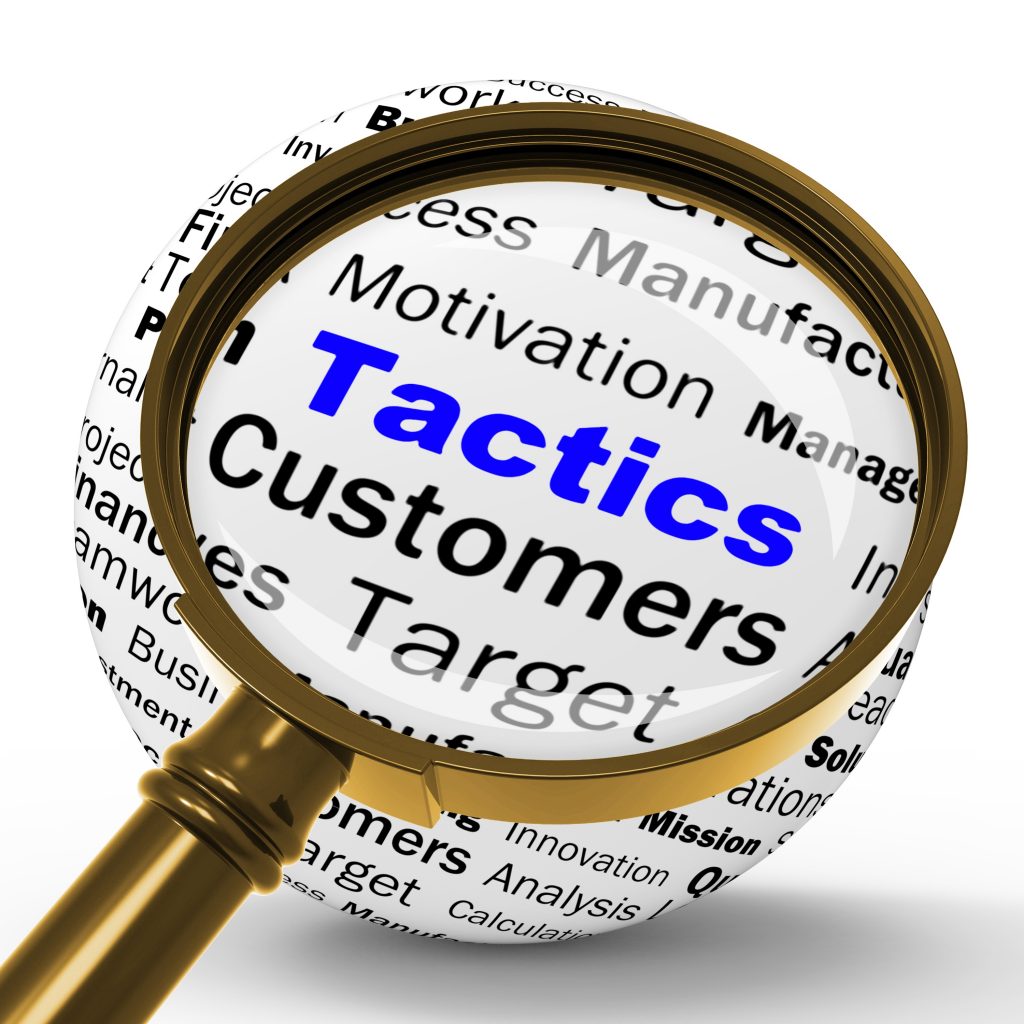
There was a time when people struggled to come up with activities to fill their days. That is hard to imagine these days. In this modern world, there is such an abundance of demands on our time. For most of us, the daily activities on our to-do list far outweigh the available time. Now, the challenge is squeezing an increasingly lengthy list of priorities into what seems like a rapidly dissipating time frame.
No doubt you are nodding your head in agreement. As an insurance agent, you have to juggle multiple tasks each day, many of them urgent and important to your business. Unfortunately, there is no way to magically increase the number of hours in a day, or make your workload disappear.
But, with a few tweaks to your working practices and some changes in mindset, you can create the appearance of having more hours available. Like magic. Use the following productivity tips to take control of your workday.
Set Goals
You have probably heard it before; “you must set goals.” This advice is so prevalent that pretty much everyone is now using some sort of goal-setting tool, service, or app. Goal-setting has become a regular feature on people’s to-do lists. However, there is more to goal setting than simply jotting down a list of tasks on a piece of paper or adding stuff to your calendar.
To get the best of goal setting, you need to go further than creating a list of things to do. You must take the time to identify and prioritize the most important work. Separate low-value tasks from those that are likely to have the highest impact on your agency’s operation. Only high-value tasks need your immediate attention.
High impact tasks include making sales calls and following up with clients. Those are the tasks that are the most fundamental to your business’ success. Low-value tasks include things like non-critical website modifications. The latter category of tasks are important, but can easily distract you from more important work if you are not careful.
Use the RED Rule
The so called RED rule of time management is a useful guideline to help you take control of your workday. It stands for Reduce, Eliminate, and Delegate. Three words that, when put into action, can drastically change the way you approach your work and create a sharp boost in productivity.
It turns out that one of the best ways to get more work done is to work fewer hours. A difficult concept for many agents to comprehend given that 50+ hour weeks are probably the norm. But the “R” in the RED rule stands for Reduce, and there have been many studies showing the effectiveness of this rule.
That includes one carried out by Ford Motors in the early 1900s, which discovered that 40-hours per week was the “sweet spot” for worker productivity. As the working hours increase above 40-hours, productivity begins to decrease. So, while it is always tempting to work more hours in response to your expanding task list, that effort might be counterintuitive. The more hours you work, the less effective you become.
As well as reducing you must “Eliminate.” Consider the now well-known 80/20 principle, which roughly states that 20% of a person’s effort normally generates 80% of the results. For you, that means identifying the 80% that your time is wasted on, eliminate that wasted time, and focus on the 20% that yields the best results. That goes hand-in-hand with goal-setting discussed above.
And finally, Delegate. You don’t have to do everything yourself. In fact, many tasks can probably be handled better by someone else. The ability to delegate important tasks to others does not come easy for some agents, but it is an important skill to learn. Why not ask or pay someone else to complete some of those tasks.
{{cta(’31d8842e-8689-411c-83ed-7e9f942beed1′,’justifycenter’)}}
Break Off Chunks of Time
Ego depletion is a relatively new idea being considered by scientists. And no, this is not related to what happens as you get older and less flamboyant. The idea of ego depletion is that we have a limited pool of mental resources from which our willpower can draw. That means both willpower and our mental resources become depleted the more we work.
That is important to know because it means doing a marathon session of work to get things done is not effective. A better way, is to break your work day up into periods of time. For example, you could separate your tasks into 30-minute sessions. For each half hour session, you would focus entirely on the task at hand. Then, take a short break and let your mind relax. That is commonly known as the Pomodoro Technique.
Breaking your day into small chunks of time like this means your mental resources are not as rapidly depleted. The frequent breaks allow you to rebuild those resources. It helps to produce more impactful work throughout the day. You will most likely feel less like a burned-out machine at the end of the day, and more energized.
Forget Multi-Tasking
Forget multitasking. It is an outdated philosophy that does not work. Recent studies have shown that we humans are simply incapable of multitasking. That, despite what we have come to believe over the years. You may well feel like you are accomplishing something by tackling many tasks at once. However, in the end, it is likely that none of the tasks will be completed adequately. Some things will get ignored; others will be disorganized, and you will feel exhausted and overwhelmed.
The best approach is to dive wholeheartedly into one task or project at a time. Give that task your full attention until it is completed. People do their best work when focused on one thing at a time, too many things create more of a distraction, and it is easy to lose focus altogether. You will accomplish a lot more and save valuable time by not attempting to multitask.
Becoming more productive does not happen by accident. You must put in a little effort to regain control over your time. As author and entrepreneur, Tim Ferris, said, “focus on being productive, not busy.”





